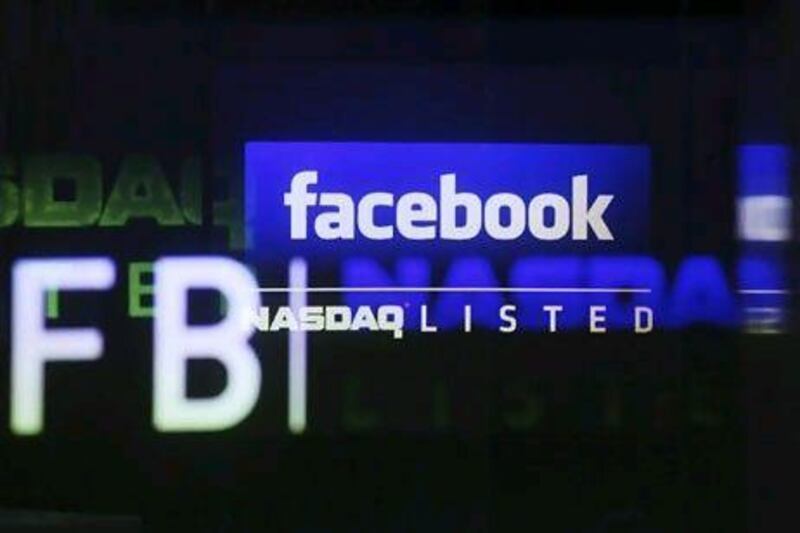Facebook investors, already grappling with concerns about the company's growth prospects, were yesterday bracing for the biggest increase in the number of shares free for trading since the company went public in May.
Restrictions lifted yesterday on 804 million shares held by former employees and those who sold at the initial public offering, almost doubling the total available for trading, according to a regulatory filing.
The bans on sales was intended to prevent shares from flooding the market immediately after an IPO. Restrictions lifted on smaller numbers of shares in August and October.
Facebook has lost about half its value since going public as the number of shares rose and investors fretted about the company's ability to boost mobile-advertising sales.
"It has been and will be important to investors without a doubt," said Scott Kessler, an analyst at S&P Capital IQ, who has a hold rating on the stock and does not own it.
"This is obviously something that people have been thinking about and concerned about."
Two more rounds of lock-up expirations remain between now and May. Facebook will free up about 156 million shares for stockholders, except chief executive Mark Zuckerberg, who sold in the IPO.
The company will free up another 47.3 million shares on May 18. This lot includes stock held by Russia's DST Global.
Shares held by Mr Zuckerberg are not part of the tally because he has said he won't sell before September next year.
Facebook fell 1.1 per cent to $19.86 at Tuesday's close in New York. The shares have declined 48 per cent since the IPO.
However Brian Wieser, an analyst at Pivotal Research Group, wrote in a research note this week that the new lock-up expiration may present only "limited downside". Many investors will probably not sell as soon as possible, given recent stock price declines, he said.
"While the number of shares is significant, the market should be capable of handling the trading that results from the lock-up expirations," he said.
Facebook, which makes most of its money from advertising, reported that sales rose 32 per cent to US$1.26 billion in the third quarter, matching the growth of the second quarter, but a slowdown from 45 per cent growth in the first quarter and 55 per cent in the fourth quarter of last year.





